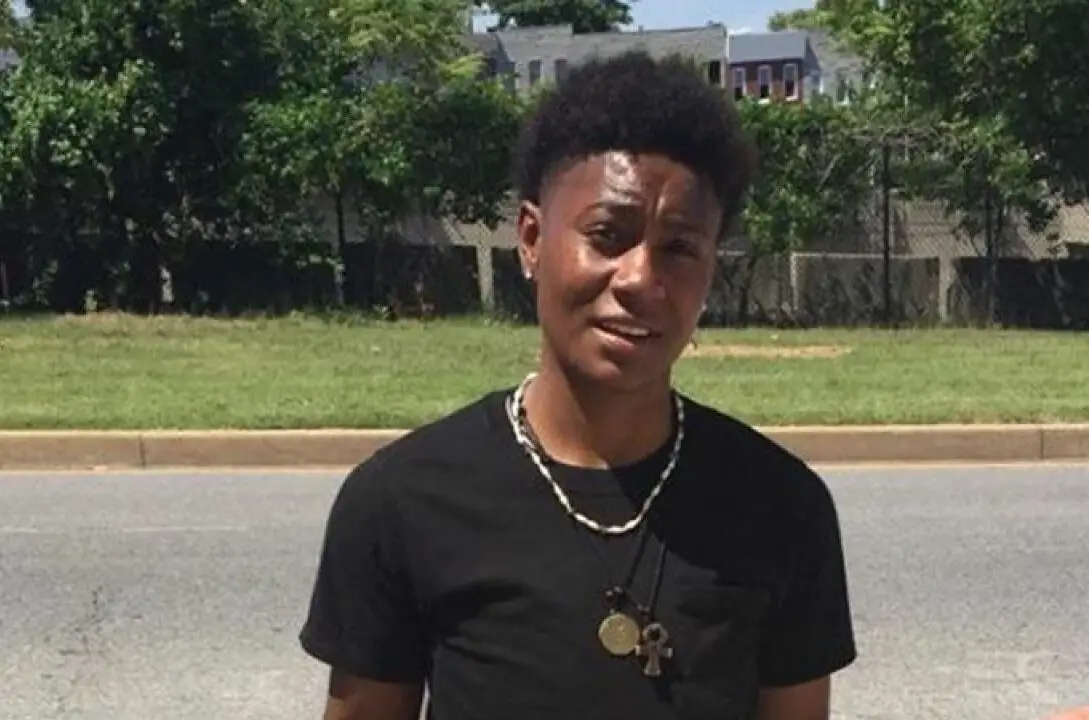Misinformation claims shooters in Aberdeen and Uvalde school shootings were trans; no credible evidence supports these transgender assertions.
In the aftermath of the tragic school shooting at Perry High School in Iowa, misinformation and speculation have flooded social media platforms, particularly surrounding the alleged shooter’s gender identity and orientation. This report seeks to address and correct the misinformation circulating online, specifically in relation to two individuals mentioned in recent discussions—the shooters from Aberdeen and Uvalde.
Was the Aberdeen Shooter Trans?
Chaya Raichik, an influencer known for anti-LGBTQ+ social media accounts, posted a meme that inaccurately linked several mass shooters to the LGBTQ+ community. Among the cases mentioned was the Aberdeen shooting, where Snochia Moseley was purportedly identified as transgender.
However, it is imperative to clarify that there is no credible information confirming Snochia Moseley’s transgender identity. The spread of misinformation regarding Moseley’s gender identity contributes to a larger issue of false narratives being disseminated on social media platforms.
Was the Uvalde Shooter Trans?
Raichik’s meme also claimed that the shooter in the 2022 Uvalde, Texas, school massacre was transgender. It is crucial to note that the individual in the photo included in the meme was not the Uvalde shooter, and there is no evidence supporting the assertion that the Uvalde shooter was transgender.
Reuters Fact Check has highlighted that the cases pointed out by Raichik represent a minimal fraction of mass shootings, with the majority being carried out by cisgender men. The Gun Violence Archive recorded over 4,400 mass shootings in the last decade, with known transgender suspects in fewer than 10 cases, accounting for about 0.11 percent of all shootings.
In times of distressing events like school shootings, responsible reporting, and fact-checking are essential to prevent the propagation of misinformation. The primary focus should remain on addressing the broader issue of gun violence and fostering a nuanced understanding of the multifaceted factors contributing to such incidents. As responsible consumers of information, it is our collective responsibility to critically assess the sources and accuracy of the content we encounter on social media platforms.
Also Read: autistic rumors of Patrick Mahomes and Chris Moneymaker.
Last modified: January 5, 2024


